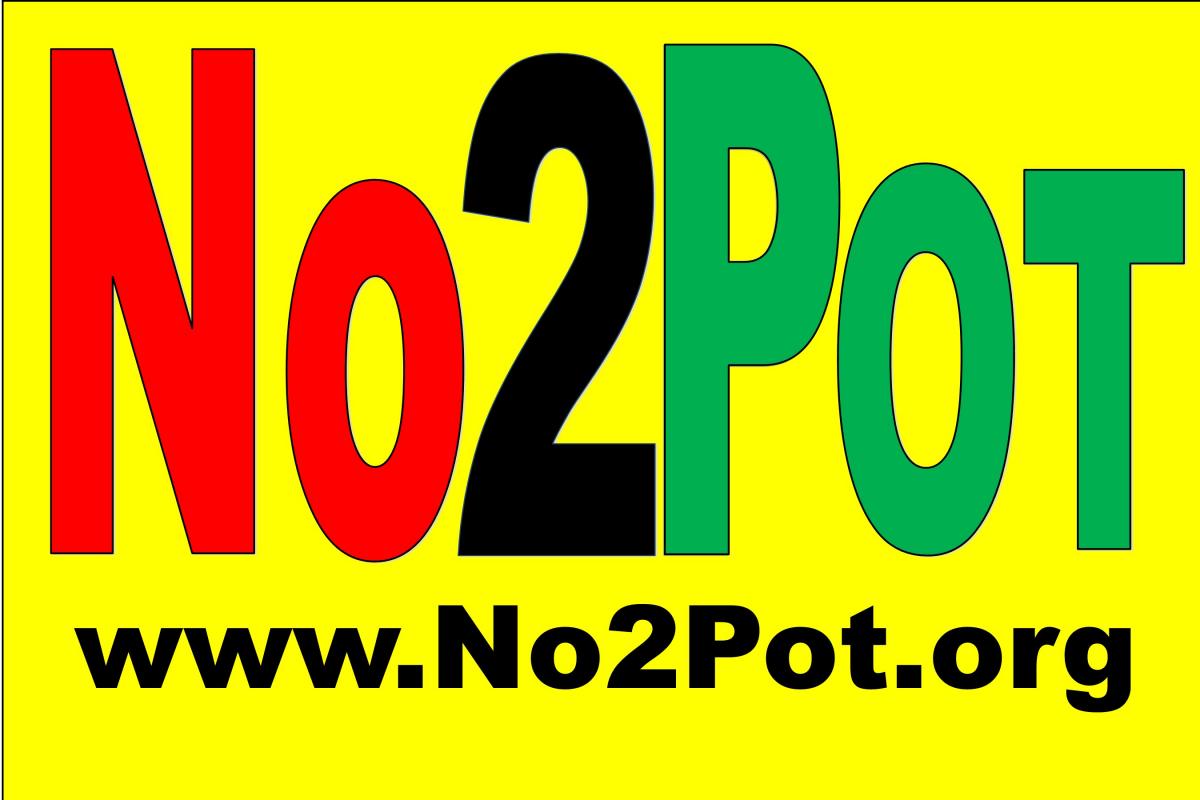Cannabis legislation and substance use disorder treatment
Article Date:
Sunday, March 10, 2019
- cannabis is safe and helpful for PTSD are limited by either anecdotal or poor quality evidence, are offset by studies reporting opposite conclusions, and the well-demonstrated potential harms of cannabis addiction and risk for psychosis are not adequately weighed in the decision to recommend medical cannabis treatment of chronic PTSD
- There is a consensus that multiple social harms associated with cannabis legalization are not being adequately addressed. These include concerns about youth exposure under age 25 (a time of highly active brain development) and youth-marketing of edible cannabis products (eg, gummy bears and other confections) and cannabis concentrates that are easily obtained and “vaped”; unintentional in utero exposure prior to a woman’s knowledge of pregnancy; increased rates of intentional cannabis use during pregnancy; driving impairment and the absence of appropriate technological and legal systems to detect and deter this (equivalent to the breathalyzer for alcohol impairment); and cannabis use in sensitive occupations such as public transportation, public protection, and health services. While the voting public and industry is moving cannabis expansion forward, state proceedings have not yet involved public health, neurodevelopmental experts, and experts in addiction psychiatry and medicine equally with industry and economy experts. This is anything but reassuring for all who keep in mind that the United States is by far the greatest demand population for psychoactive substances, worldwide.4

